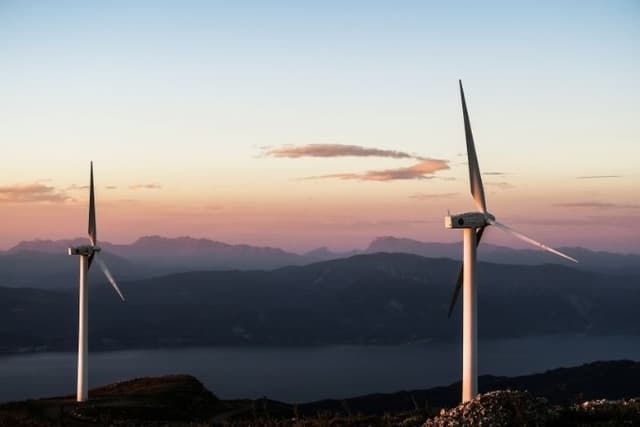
Earth Hour - Climate Change and Renewable Energy in Australia
Lesson6 of 15 in this unit
SecondaryYear 7 - 8EnglishScienceEnvironmentalClimate ChangeEnergy
Summary
Lesson Guides and Printables
Lesson Plan

Student Worksheet

Teacher Content Info


Lesson Plan

Student Worksheet

Teacher Content Info
